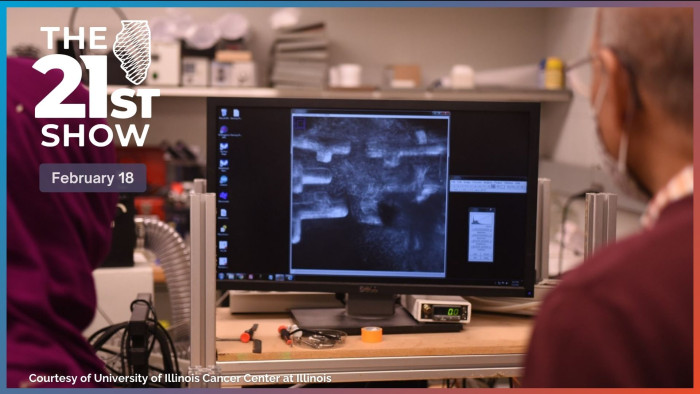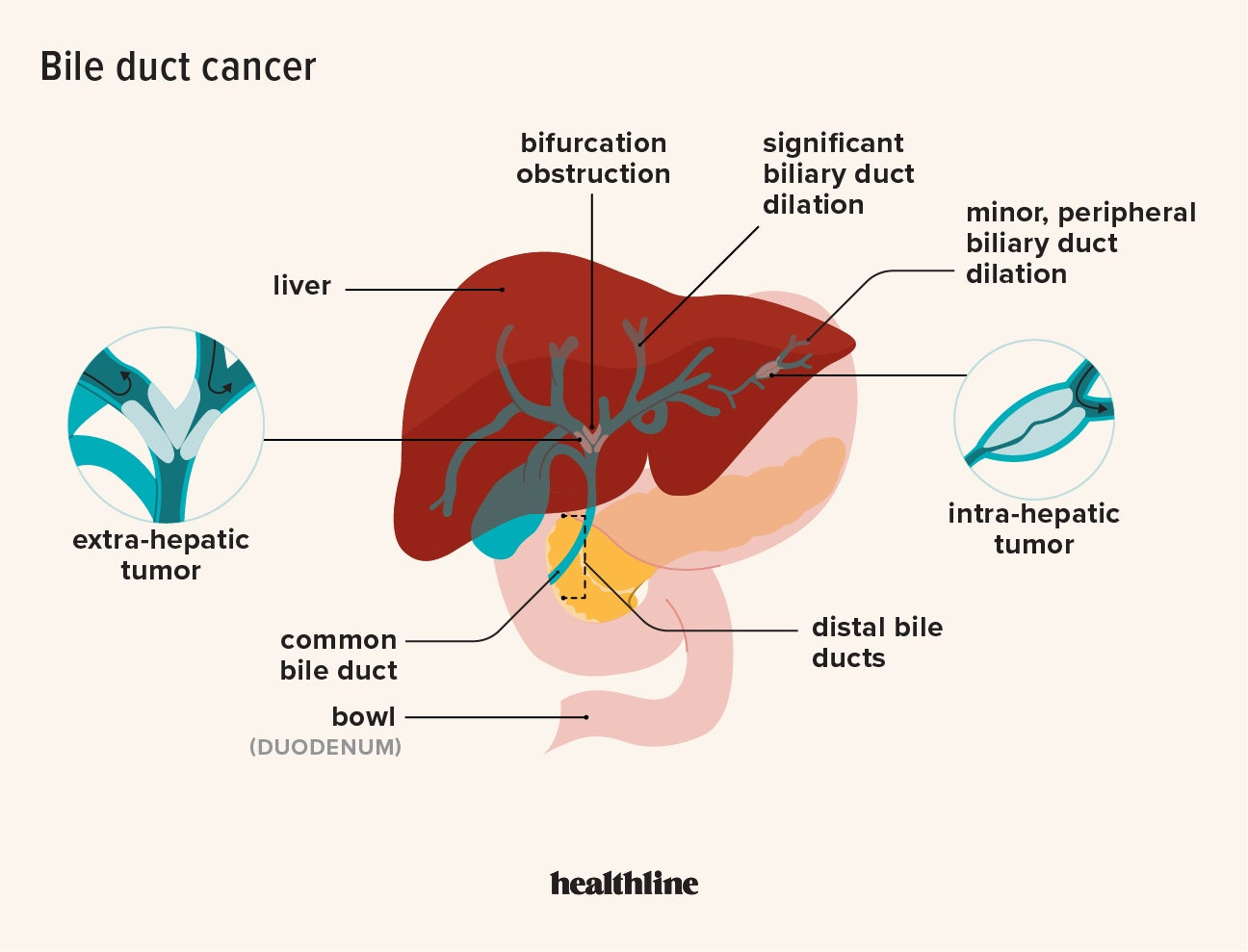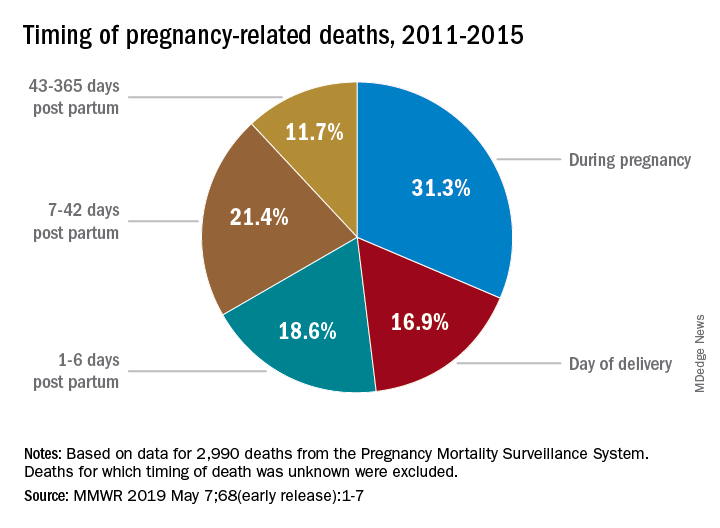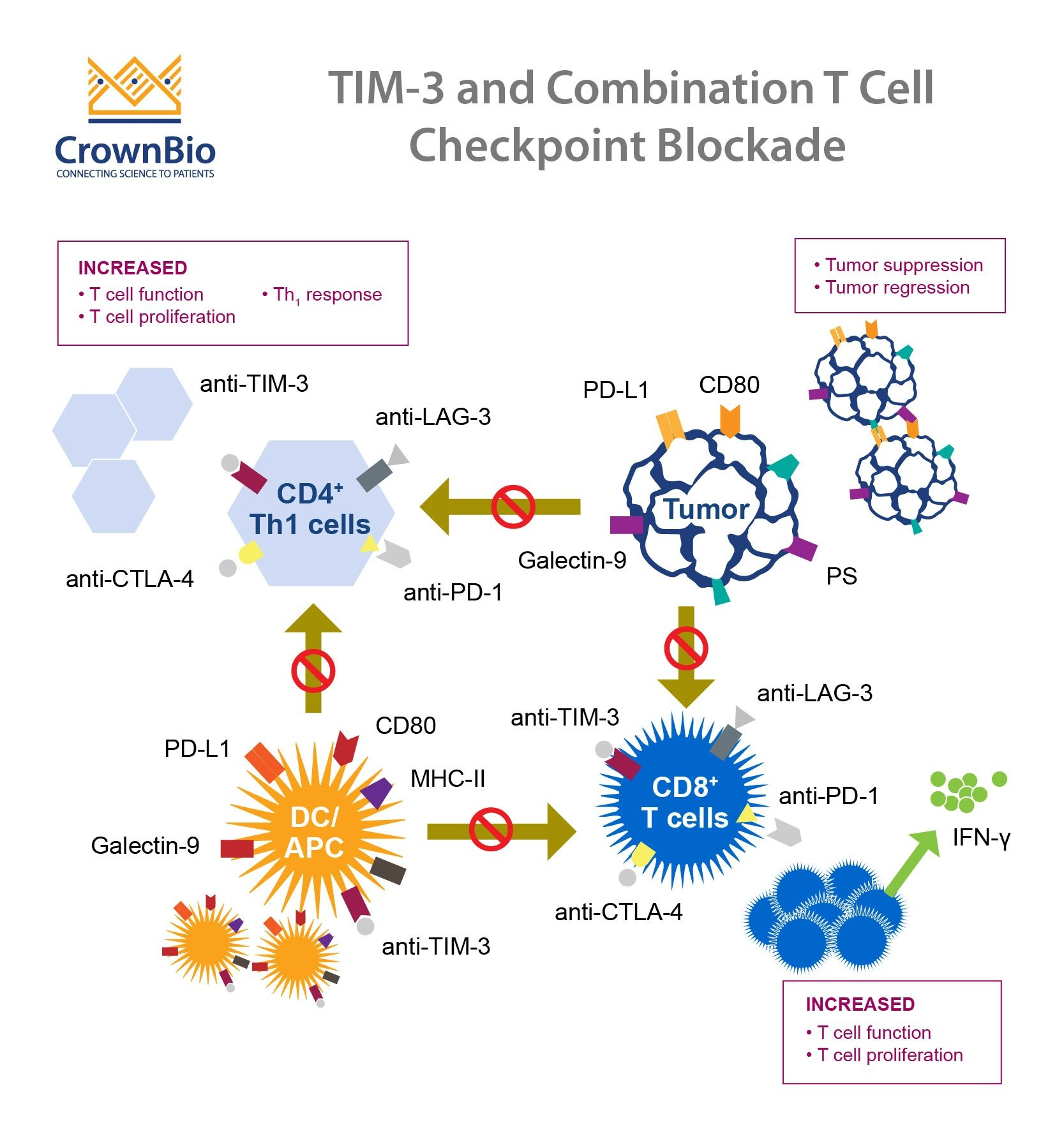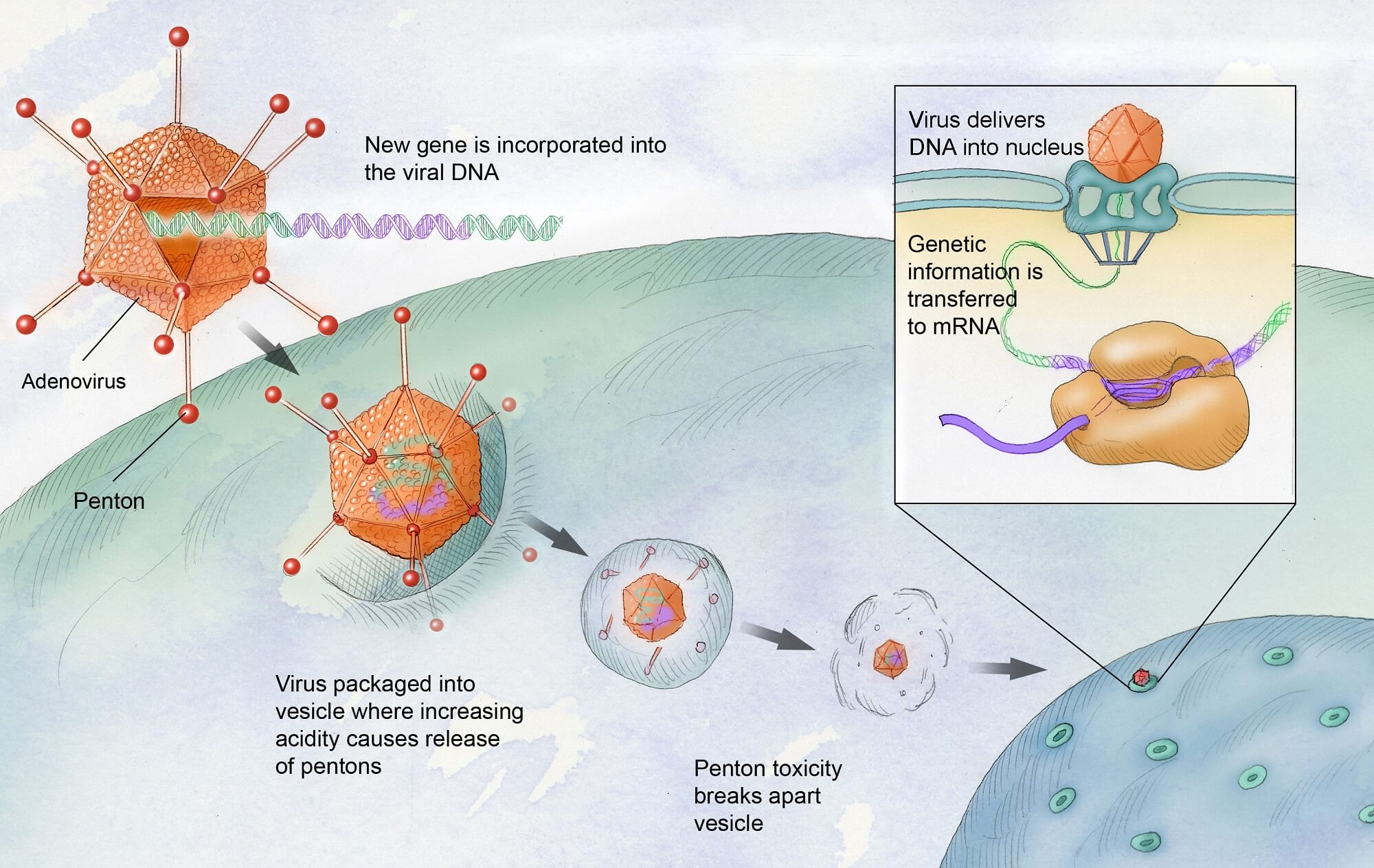Global Health Infrastructure: Gawande’s Call to Action
Global health infrastructure plays a critical role in safeguarding the health and wellbeing of communities worldwide.Atul Gawande, a prominent surgeon and author, has highlighted the dire consequences of the recent dismantling of significant health programs, particularly by agencies like USAID, which traditionally spearheaded this global initiative.
Funding Cuts Impacting Medical Research and Patient Safety
Funding cuts impacting medical research have sent shockwaves through the scientific community, jeopardizing crucial initiatives designed to ensure patient safety.The recent freeze on over $2 billion in federal research grants, particularly at Harvard, has disrupted not only clinical trials funding but also the oversight mechanisms that protect research participants.
Gene Editing: Exploring the Promise and Peril of CRISPR
Gene editing has emerged as a groundbreaking technology that promises to revolutionize medicine by enabling precise alterations to the genetic code.With the help of CRISPR technology, scientists can now manipulate genes to potentially cure devastating diseases like sickle cell anemia, sparking hope for millions.
Vaping Cessation Medication: A Study on Varenicline’s Success
Vaping cessation medication has emerged as a pivotal solution in the fight against nicotine addiction, particularly among young individuals.A recent clinical trial highlighted the efficacy of varenicline, an FDA-approved medication previously designated for adult smoking cessation, indicating that it significantly enhances the chances of teens quitting vaping.
Bile Imbalance Linked to Liver Cancer: Key Insights Revealed
Bile imbalance liver cancer is an emerging concern in the realm of liver diseases, particularly with its strong association with hepatocellular carcinoma (HCC), the predominant type of liver cancer.Recent research highlights how disruptions in bile acid metabolism can initiate a cascade of liver damage that ultimately leads to cancer development.
Genetic Editing: Revolutionizing Disease Treatment
Genetic editing is revolutionizing the field of medicine by offering unprecedented possibilities for treating genetic diseases.As researchers like David Liu advance techniques such as base editing and prime editing, they are unlocking new potential for gene therapy, enabling precision alterations to the DNA sequence that can correct harmful mutations.
Pregnancy-Related Deaths: U.S. Rates on the Rise
Pregnancy-related deaths in the U.S.have garnered increasing attention, particularly as the nation leads among high-income countries in maternal mortality rates.
Boston Marathon Psychology: Understanding Runners’ Minds
Boston Marathon psychology encompasses the intricate mental processes and emotional journeys of those who tackle the iconic 26.2-mile race.As runners push through physical barriers, they also navigate a complex landscape of mental health, motivation, and personal challenges.
TIM-3 Alzheimer’s Treatment: Novel Strategy in Research
In a groundbreaking study, TIM-3 Alzheimer’s treatment has emerged as a promising avenue for addressing the cognitive decline associated with Alzheimer’s disease.Researchers have highlighted the TIM-3 molecule’s potential in regulating the hyperactive immune response in the brain, which plays a critical role in plaque accumulation.
Gene Therapy for Hemophilia: A Breakthrough Treatment
Gene therapy for hemophilia represents a groundbreaking advance in the landscape of hemophilia treatment, offering new hope to patients like Terence Blue, who recently became the first to receive this innovative therapy in New England.Hemgenix therapy, approved by the FDA in November 2022, aims to significantly alter the lives of those affected by hemophilia B by reducing reliance on daily infusions of clotting factor.

